Illicit tobacco on the rise as retailers face on-the-spot fines
Retailers caught selling cheap ciggies could be hit with on-the-spot fines as new figures show seizures of illicit tobacco have soared. It comes as the federal government considers establishing a task force to deal with the issue. SEARCH THE SUBURBS
NSW
Don't miss out on the headlines from NSW. Followed categories will be added to My News.
- Michael Ibrahim’s plan to own top Sydney brothel
- Revealed: Peak hour ‘virus squad' to protect commuters
Illicit tobacco seizures have soared and under the counter sales at suburban shops are rampant with concern rising taxes will continue to fuel the black market.
It comes as the federal government considers whether to form a new task force that will issue on-the-spot fines to retailers selling cheap illicit tobacco with one MP warning the situation is currently “open slather”.
Last year, Australian Border Force, which heads the Illicit Tobacco Task Force, seized 633 tonnes of illicit tobacco – a jump of 46% on the previous year.
The untaxed product is ending up in suburban tobacconists and corner stores and being sold for $13-20 cheaper than legal cigarettes.
The Sunday Telegraph visited one small supermarket in Smithfield this week and was able to purchase a 20-pack of branded Manchester cigarettes for $20.
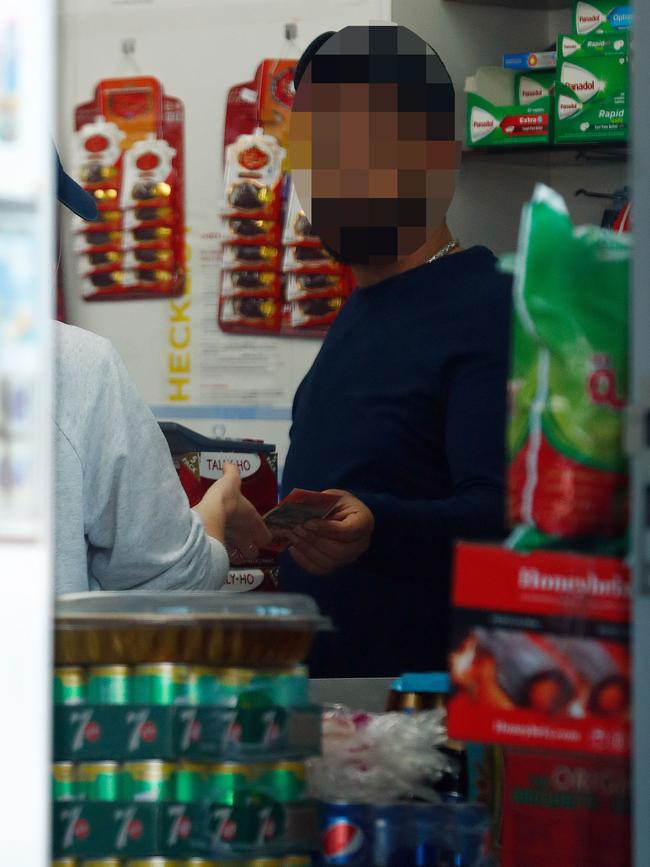

The contraband packet was pulled from under the counter and the journalist was told to put the cigarette in her pocket before walking outside.
MORE NEWS:
Morrison’s VC snub splits Cabinet Ministers
When Aussies will be able to travel to New Zealand
At a recent parliament inquiry into illicit tobacco, the ITTF noted rising cigarette costs could drive increased demand for cheaper alternatives and increase profit margins for criminals.
An ABF spokesman said the illicit tobacco smuggling was already seen as an attractive market with a low risk.
“Organised crime groups are attracted to the potential profits that can be made from the illicit tobacco trade, as with other black economy activity,” he said.
Rolling tax hikes have widened the gap between legal cigarettes in Australia, around $33 a pack, and tobacco that can be purchased in China – about $5-6 for a pack of 20 – and smuggled into the country without paying customs duties.
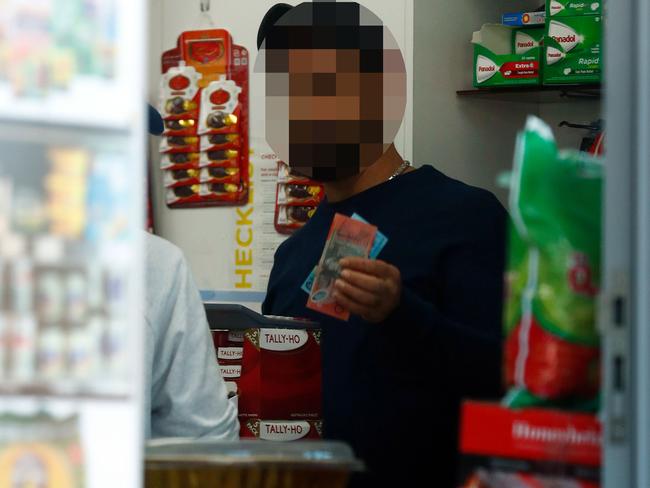
The excise will be about $1 per stick from September due to a 12.5 per cent increase.
While the price of cigarettes in Australia has increased exponentially, it has had significant public health benefits with the smoking rate halving since 1995.
MP Craig Kelly, who chaired the inquiry into illicit tobacco, believes the solution lies not with scrapping the excise but in bolstering resources to tackle the black market.
“We have to have a much stronger deterrent for the people selling the tobacco at a retail level because at the moment it seems like it’s open slather,” he said.
Mr Kelly, a Liberal MP, said he would ask the committee to recommend the creation of a police task force that could issue on-the-spot fines for retailers caught selling illicit tobacco.
“If I’m a villain involved in criminal activity, these guys are entrepreneurial and they weigh up the risk versus reward,” he said.
“At the moment the risk versus reward is weighed in favour of illicit tobacco.”
As it stands, retailers can be fined up to $11,000 under The Public Health (Tobacco) Act 2008 for selling illicit tobacco.
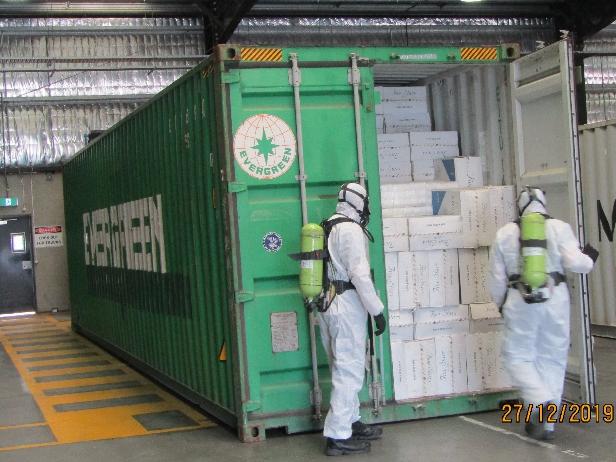
But the wide availability of illicit cigarettes in suburban stores suggests enforcement is not consistent.
Tobacco manufacturers, as part of their ongoing campaign against government regulation of cigarettes, including plain-packaging laws that have dramatically reduced smoking rates, claim contraband and counterfeit tobacco is a growing problem.
The 2019 Illicit Tobacco in Australia report, released by KPMG today, which was commissioned by Philip Morris International and Imperial Tobacco, estimated illicit tobacco importations cost the country about $3.4 billion in lost tax revenue last year — a figure disputed by tax authorities.
The consumption of illicit tobacco has also jumped considerably, the report states, with one in five cigarettes now attributed to illicit tobacco.
According to KPMG’s tobacco-funded study, Sydney is the epicentre of illicit tobacco consumption.
The report claims just over 20 per cent of all empty packets of illicit tobacco found as part of the research were in Sydney last year – up from 11.9 per cent in 2018.
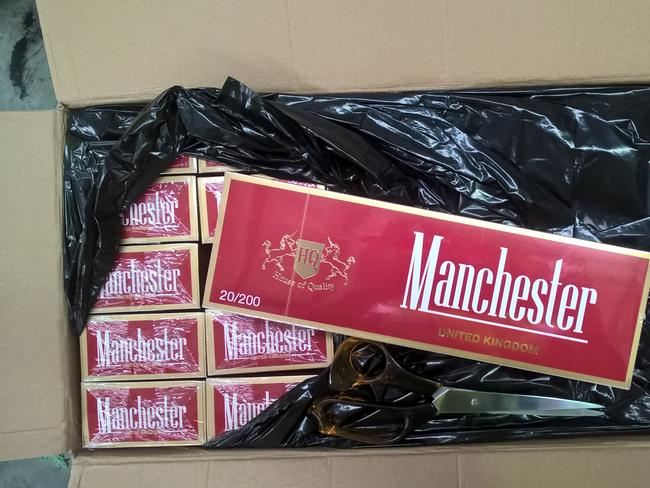

However the Australian Taxation Office argues the tax revenue lost is much smaller – around $670 million in the 2017/18 year – and the Cancer Council accuses the tobacco firms of “gross exaggeration” in their attempt to dissuade politicians from further regulation.
“The amount of illegal tobacco that the tobacco industry claims is being consumed in Australia is four times that estimated by the Australian Taxation Office – a gross exaggeration of what the official figures tell us,” Cancer Council Australia chief executive officer Professor Sanchia Aranda pointed out.
Illicit tobacco has been recently linked to major organised crime investigations, including alleged terrorism financing and drug trafficking.
Last week, underworld figure Michael Ibrahim was sentenced to 30 years jail for conspiring to smuggle 1.9 tonnes of drugs and tobacco into Australia.
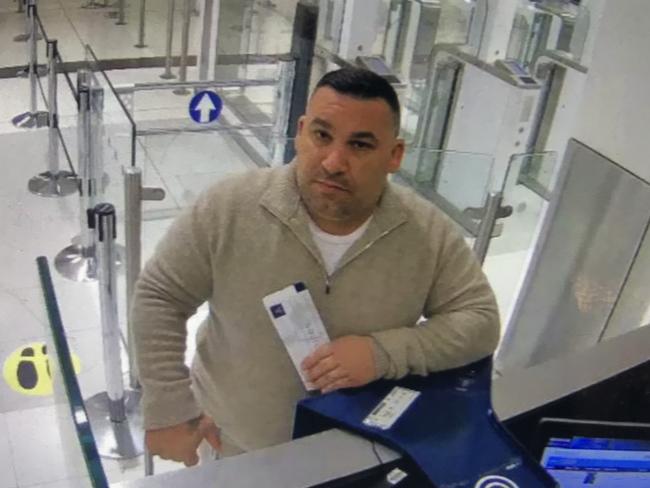
However, law enforcement sources say the low penalties handed down for tobacco importation don’t serve as a deterrent.
Last year, four out of six people charged with tobacco importation were jailed with an average 22 month non parole period, the Bureau of Crime Statistics and Research showed.
The maximum penalty for the offence is 10 years in jail.
Imperial Brands Australasia’s Head of Corporate and Legal Affairs Kirsten Daggar-Nickson said along with federal resources, Australia needed state-based task forces to target retail enforcement.

